I’m embarrassed to say this: The coronavirus taught me an improv lesson.
I’ve been performing improv comedy professionally for almost 22 years. I’ve been leading corporate workshops and delivering keynotes sharing the power of improv for about 15 of those years.
When people ask me what the benefits of improv are, I practically run out of breath listing off things: creativity, leadership, better listening, nonverbal communication, empathy, team building, decision making, confidence building, adapting to change…
Adapting to change.
If I am onstage with a partner, I’ve got to be willing to adapt. For example, if the suggestion is lawn care, I might start mowing a lawn.
(For those of you unfamiliar with improv, when I say that I “start mowing the lawn”, there certainly isn’t actual time for me to procure an actual lawn mower to use as a prop. I don’t try to build a fake lawn mower like a community theatre production might do. And I’m NOT going to push around a chair pretending it’s a lawn mower, because now I just look like an idiot pushing a chair around the stage. Instead, I just start pantomiming that I’m mowing the lawn.)
As I start my action, my scene partner may say, “Oh, honey! Before we checkout, we should also grab a couple more bags of mulch,” because even though I feel I am clearly pushing a lawn mower, they see me pushing a shopping cart.
Now I have a choice to make. If I say, “I’m mowing the lawn,” in this scene, I look like a crazy person. No one in the history of the world has been mowing an actual lawn and looked at someone 5 feet away and said, “I’m mowing the lawn.” It’s never been done, because it’s obvious.
I would also be denying my scene partner’s reality. This breaks the number one rule of improv which is simply, “Yes, and…” That means try to find agreement. So, I reply with something like, “Good call, dear. There’s nothing more I want to do with my Sunday afternoon than lay more mulch.” Then, the scene can continue. I never acknowledge that in my mind the lawn mower transformed into a shopping cart.
For an experienced improviser, this is pretty basic. You drop your reality to make things work with your partners.
Early in 2020, I signed a contract to deliver a 2-hour workshop to a company’s leadership team as part of their upcoming annual retreat on March 22. However, in case you hadn’t heard, on March 11 the World Health Organization declared a global pandemic. The CEO reaches out to me almost immediately.
“Can you make this work remotely?”
So I took a deep breath to consider what all of my years of improv have taught me and I answered honestly and bravely:
“No, I don’t think so.”
He said he didn’t think so, but he wanted to see if I had any ideas. He continued by saying he’d need some time to figure out how to move forward and would be in touch about possibly offering the workshop once we could meet in person again.
After that phone call, my head was spinning. What was going to happen to a business that relied on in-person interaction?
I took a few days to feel sorry for myself and then I got to work. Another speaker reached out to me to see how I was doing. He suggested a partnership to offer virtual content during these uncertain times. He had seen me lead a workshop in person and seemed to believe it could be done remotely. Now, it was just up to me to figure out how.
The next several days looked like a montage from an 80’s movie. It was me learning everything I could about Zoom, talking with other improvisors about how these games could theoretically be done, and actually trying some of these games with muggles, a Harry Potter reference we used to describe non-improvisors.
After some trial and delightful failures, we did it. With the help of a lot of people, I figured out a way to deliver an impactful, highly interactive, virtual workshop where people left with the same takeaways and enthusiasm that they would have received in person.
I reached out to that CEO and explained what I’d come up with. He agreed to have me present at his virtual leadership which, fortunately for me, had been postponed long enough for me to prepare for it.
The virtual engagement was very well-received. Since that first workshop, I have delivered, on my own or with a colleague, 11 more times. Each time, the feedback includes something about how much joy they had playing games and learning with their peers as if they were face-to-face.
It’s the same joy that I get performing improv.
It’s not the way I’m used to doing things, but if I can remember to “Yes, and…” the moment, I can still achieve some pretty fantastic things.
